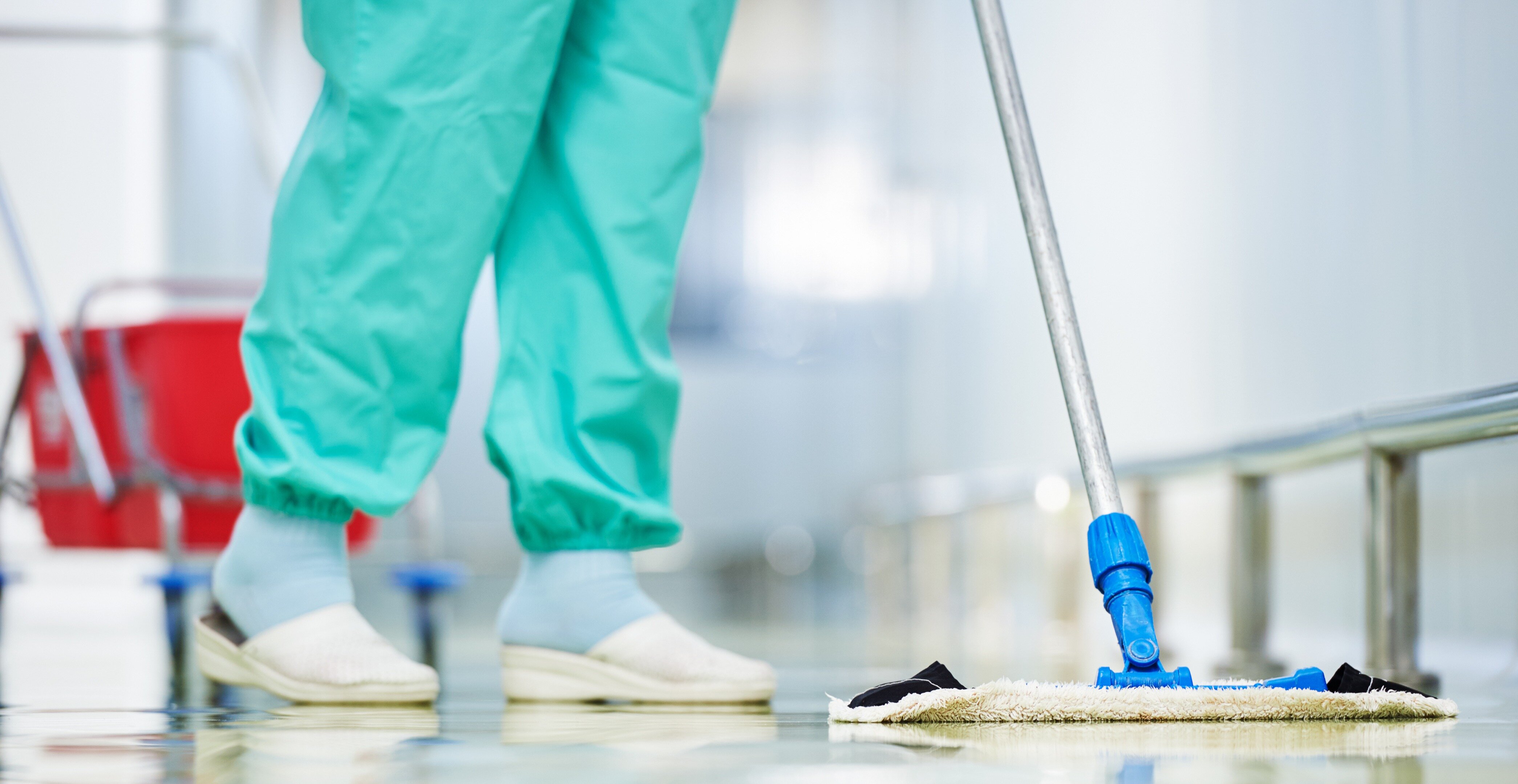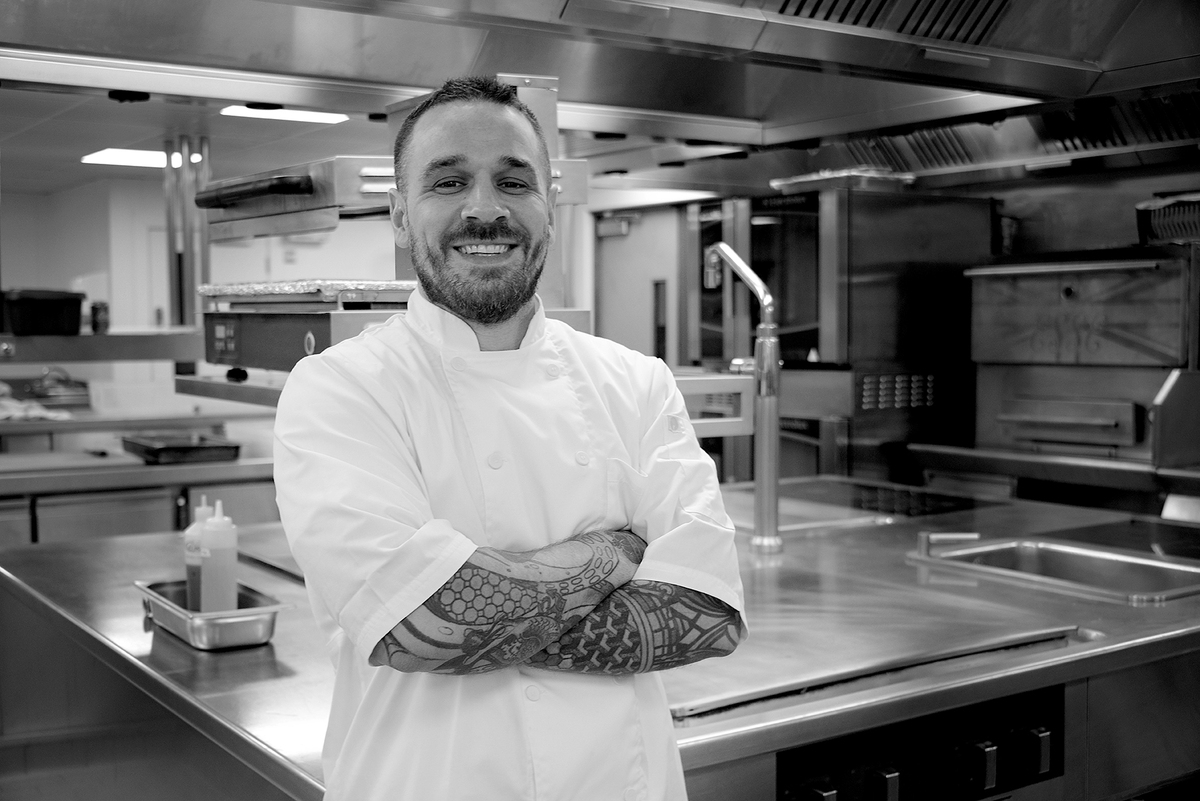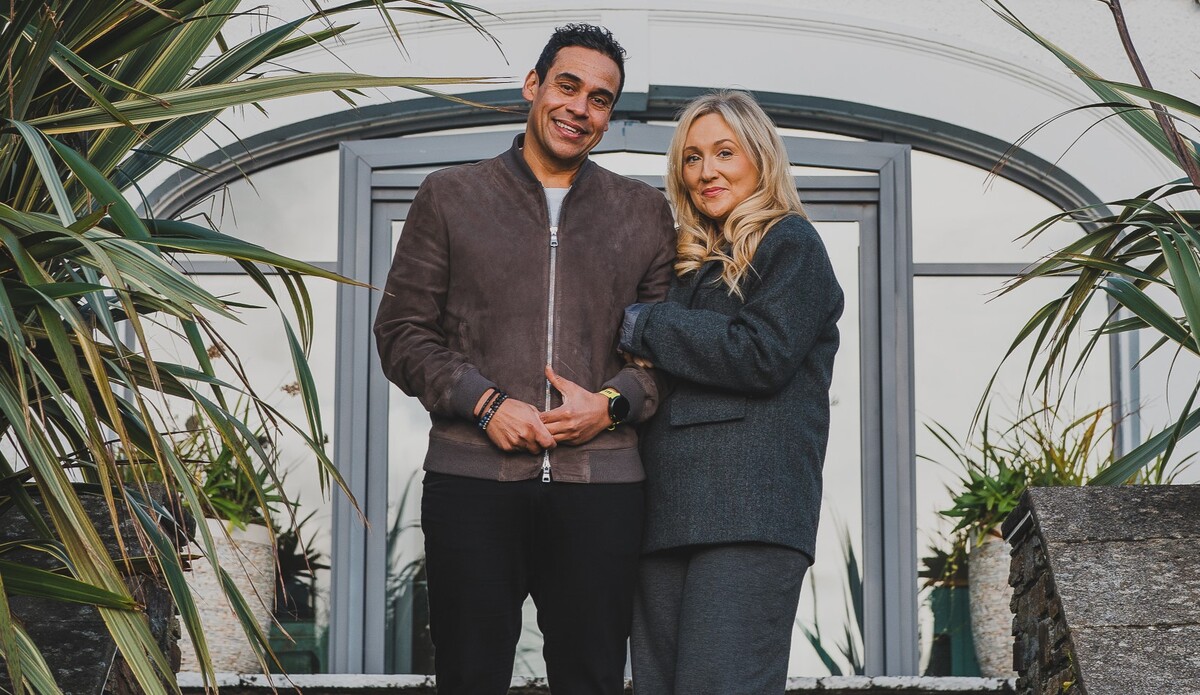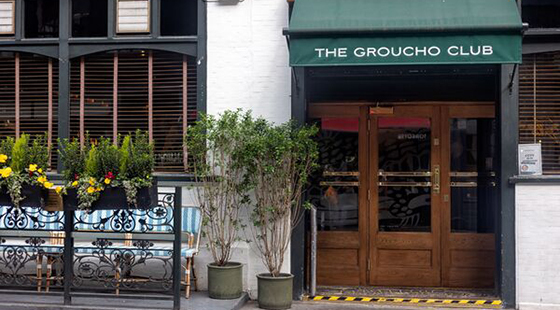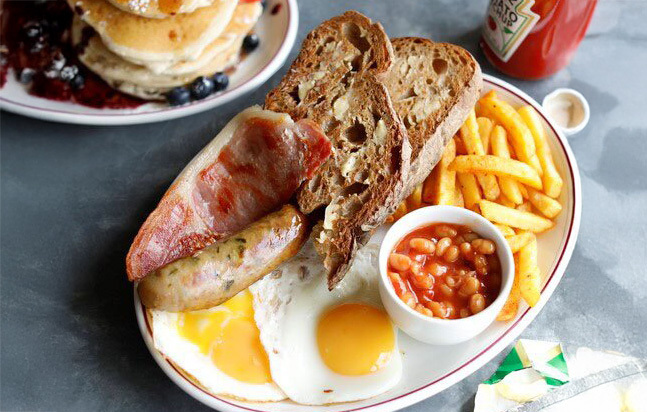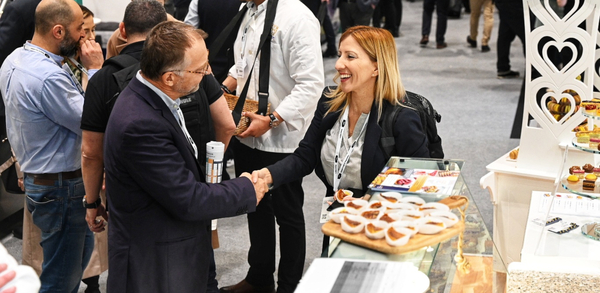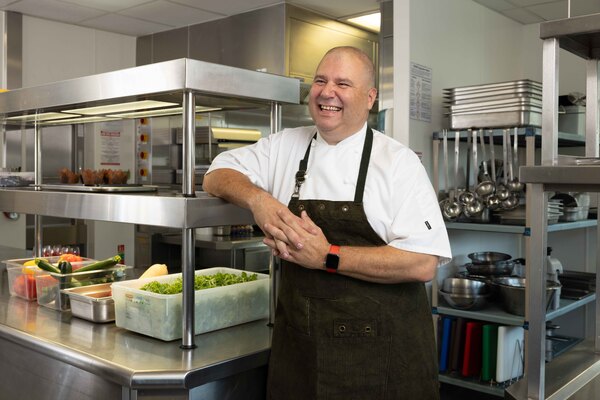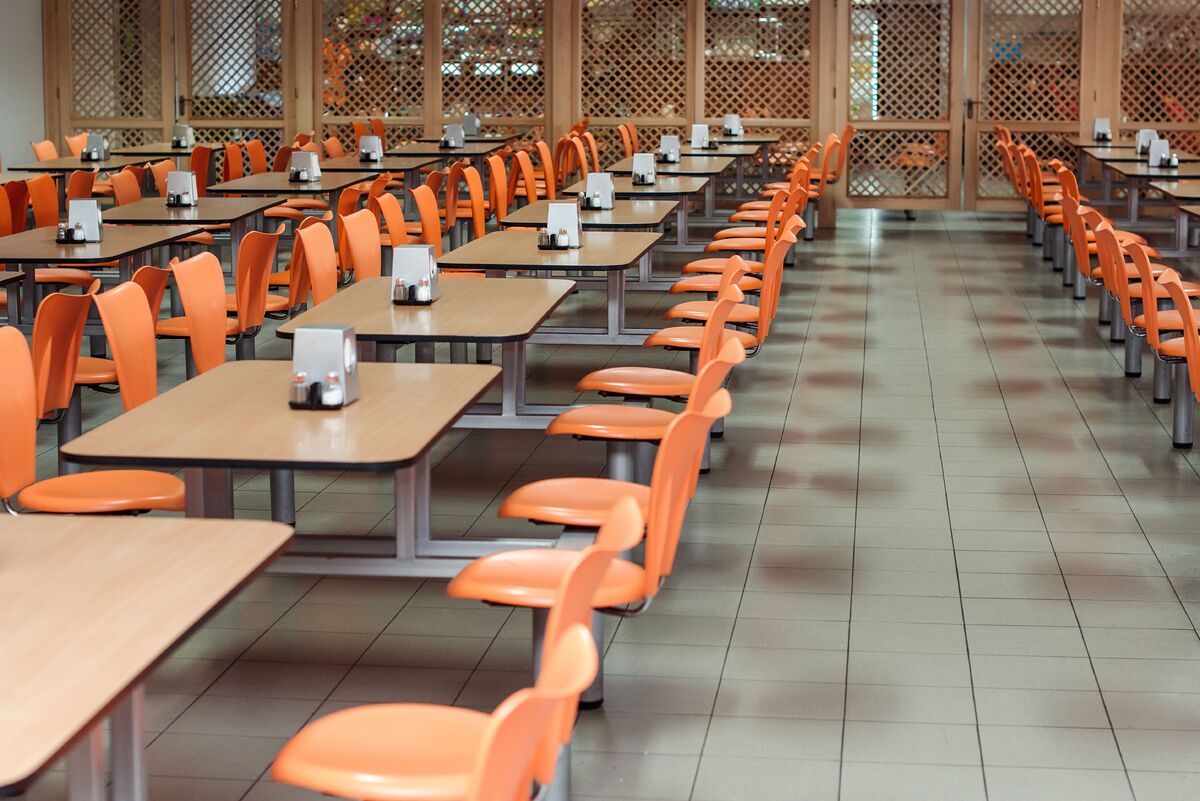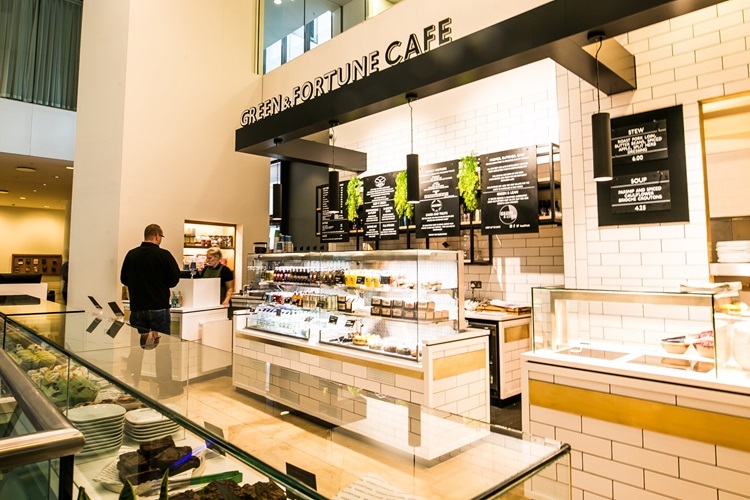Coronavirus: Sodexo promises to support NHS contractors required to self-isolate after union concerns
Sodexo has promised to support hospital contractors, including catering workers, who may be required to self-isolate if found at risk from coronavirus, after concerns were raised by a union.
A spokesperson from Sodexo told The Caterer today: “Patient safety is our top priority for our cleaning contracts in hospitals. We have clear infection control policies and procedures in place. We do not expect staff who are unwell to come to work and staff suspected of being unwell are kept from any contact with patients or sent home.
"All our hospital staff are now entitled to sick pay from day one. When we inherit staff on contracts where they were not entitled to sick pay, we transfer them onto our terms and conditions, which are regularly reviewed.”
The statement came in response to comments made earlier today (2 March) by trade union GMB organiser Lola McEvoy on Radio 4’s Today programme. McEvoy raised concerns that contract workers from agencies including Sodexo and ISS, would be out of pocket if they were forced not to come into work: “Cleaners, porters and catering staff are putting their own health at risk to help contain coronavirus despite the fact that they don’t get paid if they go off sick. NHS trusts must guarantee all staff are given full sick pay in suspected coronavirus cases.”
McEvoy of GMB which represents more than 620,000 people working across public services and private companies, raised concerns about the inadequacy of Statutory Sick Pay (SSP) for NHS contractors including caterers who, if at risk from coronavirus and required to self-isolate, must go for three days without pay before being eligible for SSP at just £94.25 per week. She said NHS trusts must ensure sick pay for outsourced staff.
McEvoy went on to say that SSP was the “absolute government minimum” that an employer is allowed to pay when an employee is off sick and had “long been insufficient for health workers on the front line”, in some cases forcing staff to turn up to work even if feeling unwell, for fear of not being paid, thereby increasing the risk of spreading any infection or virus.
Speaking to The Caterer, Kirsty Rogers, employment partner at solicitors DWF, said: "There is a very real concern that workers who are not entitled to sick pay, and whose employers either cannot by virtue of economics or who choose not to on the basis there is no entitlement to pay, will choose to continue to work, despite symptoms or guidance to self-isolate as they may need the money."
Shadow Health Secretary Jonathan Ashworth, also speaking on the Today programme, said: “If people need to self-isolate then we should be removing all the barriers to self-isolation.” He went on to say: “There will be workers out there who will make a choice between putting food on their table or putting their health first.”
Despite a “battleplan” for coronavirus due to be released by the government this week, following an emergency Cobra meeting chaired by the prime minister today (2 March), McEvoy said the GMB hadn’t yet seen any guidance from the NHS or the government about what will happen if members come into contact with a patient infected with the coronavirus.
For employees in companies which do not have a sick pay scheme (or ‘occupational scheme’) in place, SSP must be paid by employers for up to 28 weeks if an employee is “too ill to work”. To qualify, an employee has to have been off work sick for four or more days in a row (including non-working days) except the first three (called ‘waiting days’).
Agency workers, who make up to 40% of caterers, porters and cleaners in hospitals across the UK, also fall into the socio-economic group who are more likely to have to work longer hours, have longer commutes to work and suffer from ill-health.
Public Health England’s advice for people needing to self-isolate while awaiting test results for Covid-19 is to stay at home away from other people, monitor symptoms and to wash hands with soap and water for at least 20 seconds before rinsing and drying thoroughly. If an illness worsens or becomes severe people are advised to call their designated medical contact or to seek prompt medical attention by calling an ambulance.
The Caterer also contacted ISS for comment.
Photo: Shutterstock



